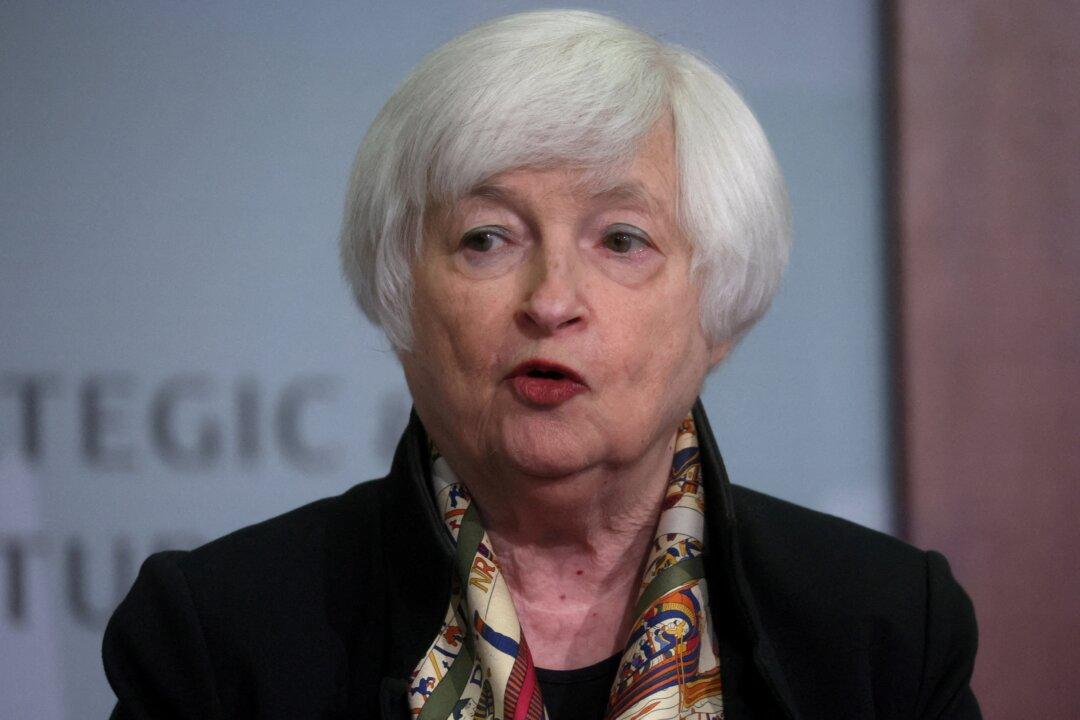U.S. Treasury Secretary Janet Yellen on Tuesday defended government intervention in the banking sector and suggested that it may be necessary to take similar measures in case smaller financial institutions experience deposit runs that could lead to contagion.
She also called the American banking system “sound,' and said that overall “the situation is stabilizing” due to strong actions by federal regulators in her attempts to calm the markets after two regional bank failures this month.





